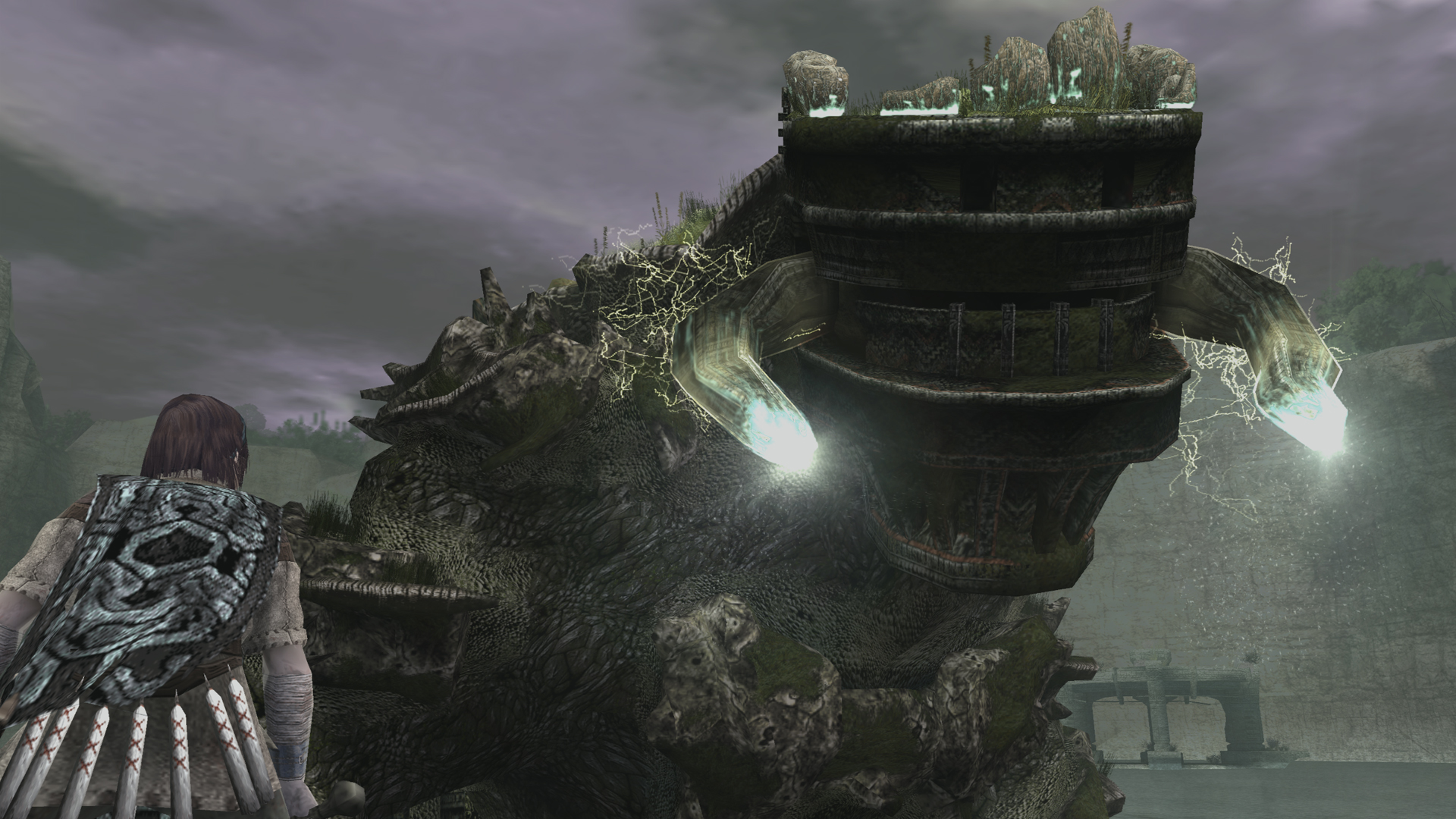
In an interesting argumentative maneuver, Waugh relates the aesthetic resistance of metafiction to Caillois’s notion of the civilizing momentum inherent in games. Games as the Civilizing Momentum of Society The genre opposes the naturalization of a certain ideology transported through the re-iteration of the corresponding conventions, namely “he materialist, positivist and empiricist world-view on which realistic fiction is premised.” 3 Waugh: Metafiction. Additionally, she sees metafiction not only as commenting on the construction of fiction and its identity, but as posing questions about the complicity of fiction’s form in perpetuating world-views.

Rather than offering a definition applicable to all metafictional occurrences, Waugh perceives the genre as a systematic approach within a certain kind of artifact. Waugh, however, considers it in her more focused definition as “fictional writing which self-consciously and systematically draws attention to its status as an artefact in order to pose question about the relationship between fiction and reality.” 2 Waugh: Metafiction. Metafiction in general is “fiction about fiction – that is, fiction that includes within itself a commentary on its own narrative and/or linguistic identity.” 1 Hutcheon: Narcissistic Narrative. The final section provides an analysis of Shadow of the Colossus and Everything as examples of ecocritical metagames. These symptoms will be connected to the depiction and function of the environment in videogames. Drawing primarily from Waugh’s perspective on literary metafiction, Wark’s Gamer Theory, and Deleuze’s concept of the society of control, I propose a theoretical framework of self-reflective videogames aiming at the ideology of neoliberalism within their conventions. The following paper addresses metagames with an ecocritical twist and deals with their reflections on genre conventions and their relation to neoliberalism and the environment. )) sowie Everything (( OReilly: Everything.

Diese Symptome einer neoliberalen Ideologie werden mit der Darstellung und Funktionalisierung der Umwelt in Videospielen verbunden und in Shadow of the Colossus (( Ueda: Shadow of the Colossus. Basierend auf Waughs Konzept der literarischen Metafiktion, Warks Gamer Theory und Deleuzes Kontrollgesellschaft wird ein theoretisches Konzept selbstreflexiver Videospiele erstellt, das auf die Entlarvung neoliberaler Strategien in den gängigen Konventionen des Videospiels abzielt. Abstract: Der folgende Artikel befasst sich mit Metagames, die einen ökokritischen Einschlag besitzen und über die Konventionen des Videospiels in Bezug auf Neoliberalismus und die Umwelt reflektieren.


 0 kommentar(er)
0 kommentar(er)
